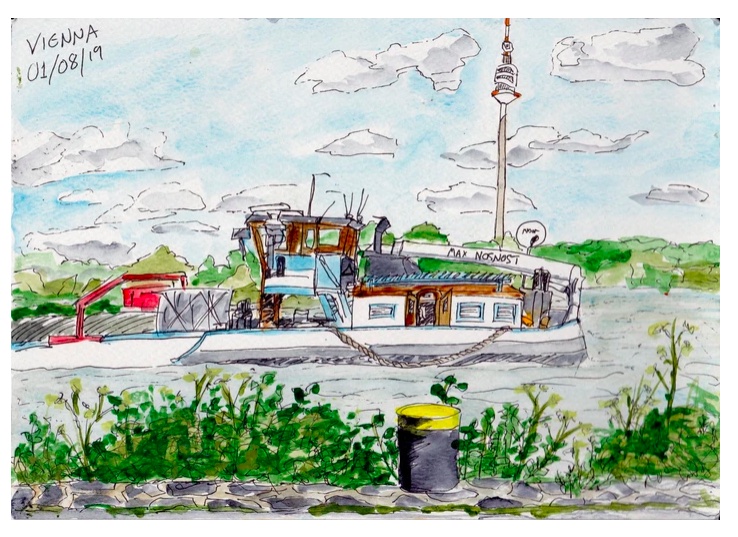Austria has an ungrateful attitude towards the European Union. It is a wealthy EU member that has gained enormous economic benefit from the bloc’s eastward enlargement, and an exporting country that needs the Single Market – yet its people view the EU more sceptical than those in neighbouring countries. According to a December 2023 Eurobarometer survey, just 42% of Austrians think the EU is a good thing, while 22% view it negatively.
As a result, Austrian political parties tend to neglect EU elections. The ninth of June is certainly in their diaries, but the country itself was more interested in the mayoral elections that took place in cities such as Innsbruck and Salzburg this spring.
And all the more so, given that nearly all the parties went into this year’s EU election campaign facing major problems.
Firstly, there is the Austrian People’s Party (ÖVP, conservative), which won the most votes in the 2019 EU election, giving it seven seats in the European parliament. However, voters in that election were less motivated by enthusiasm for Europe than by a peculiarly Austrian scandal. The publication of the Ibiza video – in which the then Austria’s Freedom Party (FPÖ, far-right) leader and Austrian vice-chancellor Heinz-Christian Strache was heard offering to sell Austria off in return for party donations – had led to the collapse of the ÖVP-FPÖ coalition government led by the young, ambitious chancellor, Sebastian Kurz of the ÖVP.
People then voted ÖVP in the European election that took place just a few days later as a gesture of solidarity. The party will not be able to repeat this strong showing in 2024: Sebastian Kurz is gone and, as at mid-May, there is no sign of any domestic political boost. Its main aim in this election is therefore to keep its losses to a minimum: there will be national elections in the autumn, and the party will not want to go into them with a poor result hanging around its neck. It has distanced itself from Othmar Karas, the ÖVP vice-president of the EU Parliament – or vice versa. He is now seen within the party as being too pro-EU.
Do you like our work?
Help multilingual European journalism to thrive, without ads or paywalls. Your one-off or regular support will keep our newsroom independent. Thank you!
















